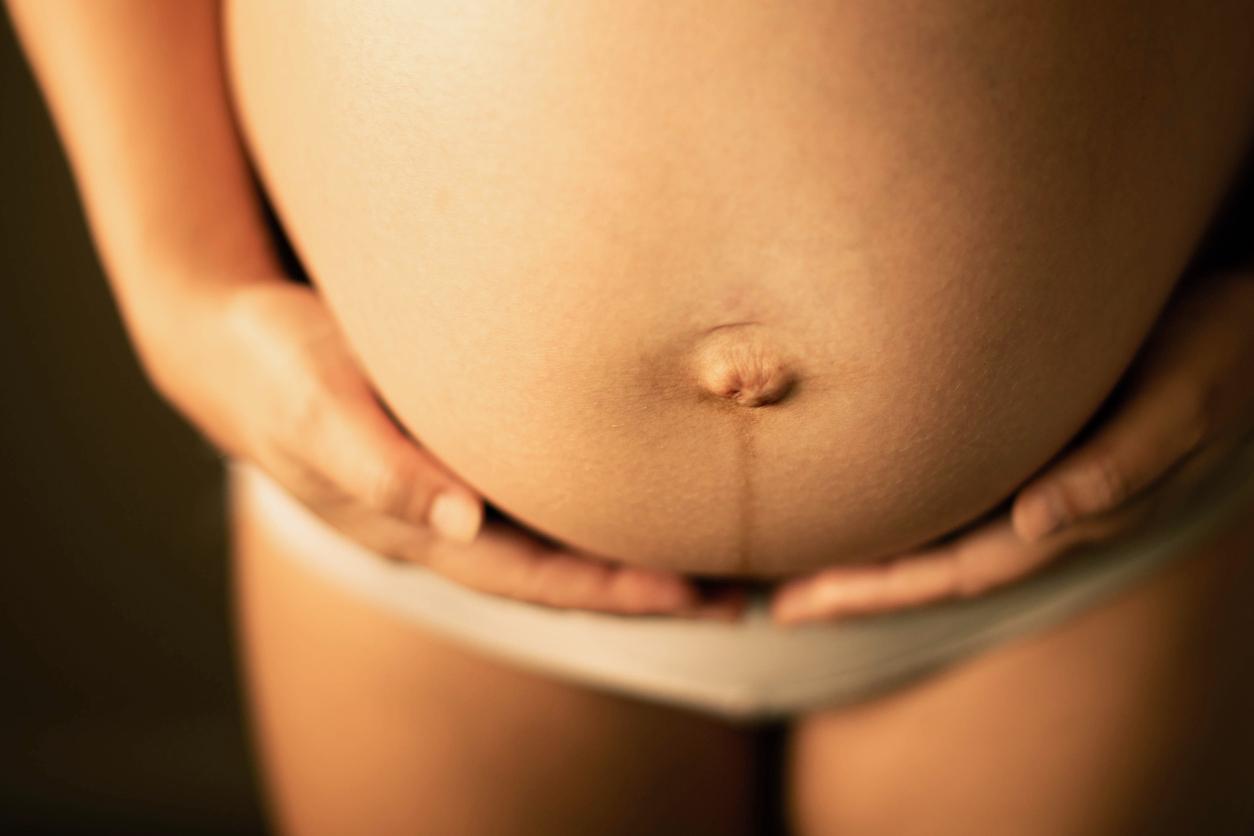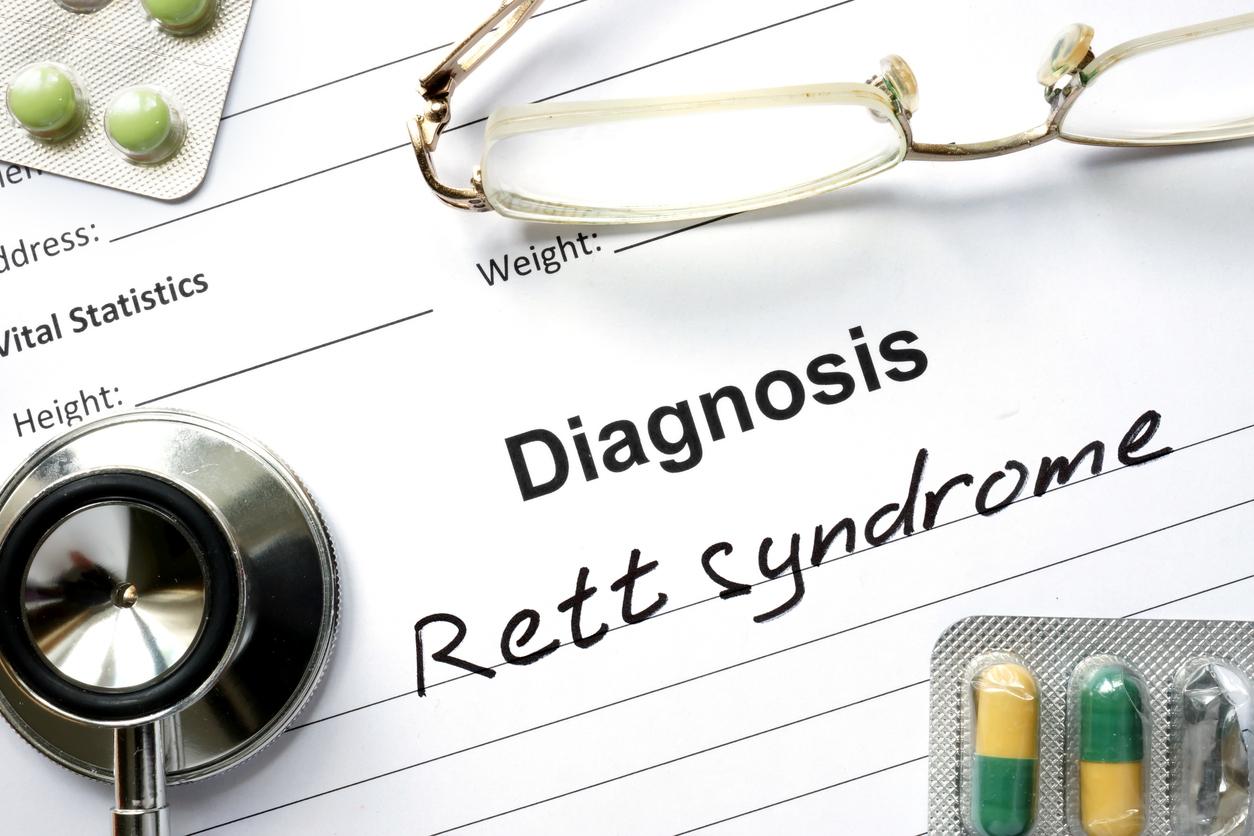Pregnant women who give birth to a large infant are more likely to develop type 2 diabetes later.

- Type 2 diabetes is characterized by too high blood sugar levels.
- 90% of diabetics have type 2 diabetes.
According to the MSD-Manual“a newborn that weighs more than 90% of newborns of the same gestational age is considered large for its gestational age.“Among the reasons given, there is the fact that the parents are tall, but also that the mother is obese or has diabetes.
Having a big baby increases the risk of type 2 diabetes
The link between the mother’s diabetes and the birth of a large baby has therefore been demonstrated, but, until now, no research has studied the consequences of the birth of a large baby for a woman who does not suffer. no diabetes. This is the question that scientists have been working on. Their study has just been published in the journal American Journal of Obstetrics and Gynecology.
Scientists have observed that pregnant women who did not have diabetes during their pregnancy – and who had not had it before – and who gave birth to large babies had a higher risk of developing type 2 diabetes later in life. coming. The researchers estimate that the disease could appear in the 10 to 14 years following childbirth.
To reach this conclusion, the scientists analyzed data from 4,025 pregnant women who did not have gestational diabetes. Among them, 535, or 13%, had a big baby. Thus, 10 to 14 years after childbirth, 791 participants, or 20%, were diagnosed with prediabetes or diabetes. But, according to the authors, the frequency of prediabetes or diabetes was higher in mothers who had a large baby.
Diabetes: better consider the risk in the long-term follow-up of women
“Very often in clinical practice, when we see large babies and the patient does not have gestational diabetes, we do not talk about the health consequences later in life, explains Kartik K. Venkatesh, one of the authors. But this study suggests that there may also be health consequences for the pregnant person, even without gestational diabetes, when they have a larger-than-normal baby. (…) We need to stop viewing pregnancy care as episodic care.” Having a child has short and medium term consequences but can also have long term consequences. Scientists would therefore like the repercussions to be better taken into account by doctors who monitor women’s health throughout their lives.

















